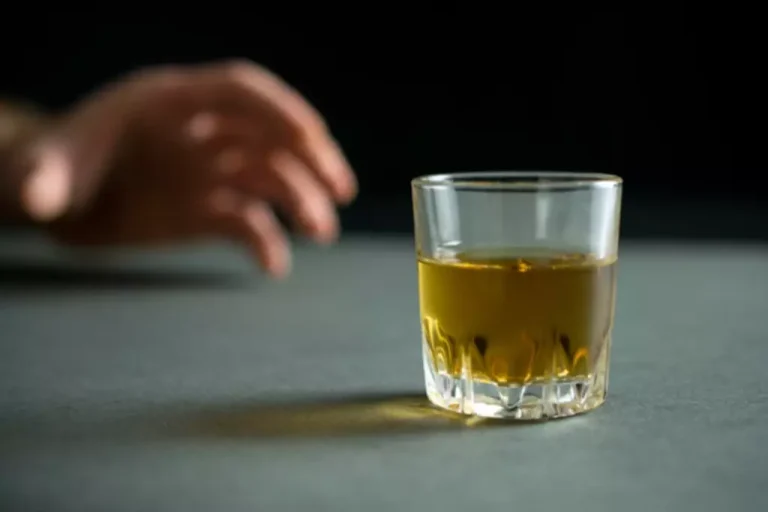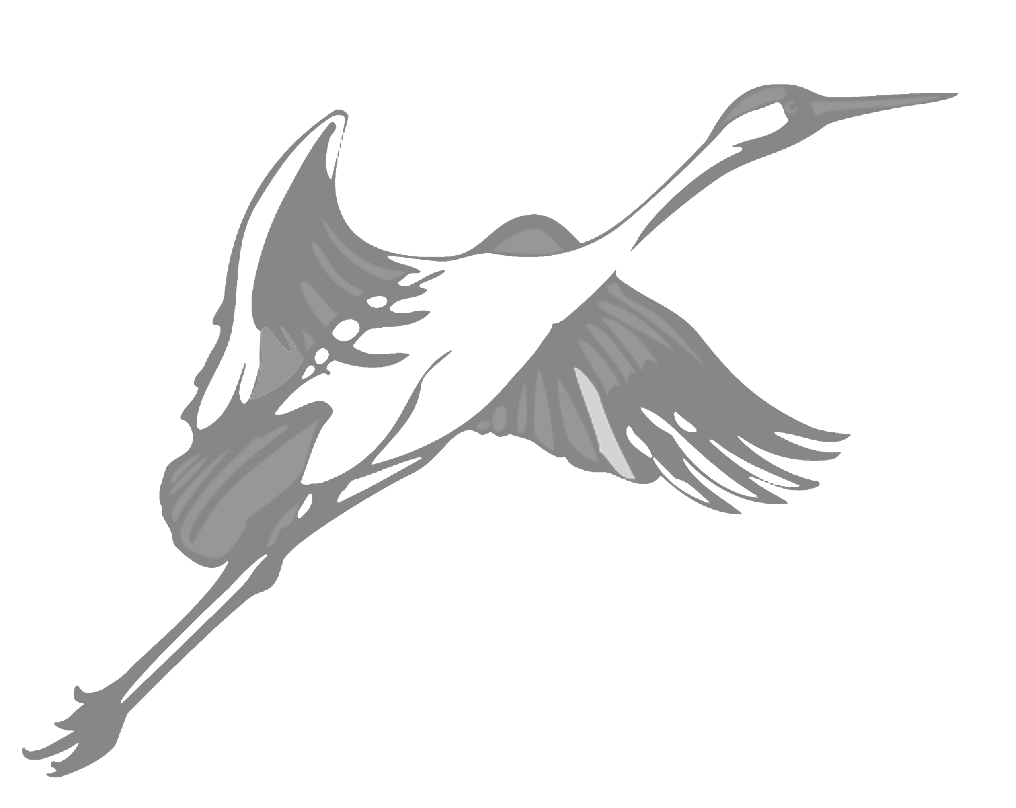
The narcissistic alcoholic might blame others for their drinking or use their addiction as an excuse for poor behavior. They may also manipulate loved ones into enabling their alcohol use. Narcissistic individuals typically struggle with empathy, making it difficult for them to understand or relate to others‘ feelings. This lack of empathy can be further diminished by alcohol use, creating a significant emotional disconnect in relationships. Alcoholism is a complex disorder characterized by compulsive alcohol use, loss of control over intake, and negative emotional states when not drinking. It affects millions of people worldwide and can have severe consequences on health, relationships, and overall quality of life.
Diagnosing Alcoholism and Narcissism
- Personality disorders are mental health conditions involving pervasive and often destructive personality traits.
- Psychotherapy, medications, and support systems play crucial roles in addressing both the alcohol use disorder and narcissistic personality traits.
- For example, different prevention and treatment methods can be developed for individuals high in either grandiose or vulnerable narcissism.
- In 2008 the American Psychological Association described studies that showed at least half of an individual’s susceptibility to drug abuse and addiction could be linked to genetic factors.
When seeking treatment for alcoholic narcissism, it’s essential to address both the addiction and the underlying personality disorder. When it comes to diagnosing narcissism and alcoholism, mental health professionals may use the Diagnostic and Statistical Manual of Mental Disorders (DSM-5) as a guide. Narcissistic personality disorder (NPD) is a recognized mental health condition, while alcoholism is classified as a substance use disorder. Both types of pathological narcissism (abnormal efforts to regulate the self) are also linked to alcoholism. In a study of college students, it was found that grandiose narcissism appears to be a positive indicator of alcohol misuse.
Treatment and Management for Alcoholic Narcissists
People with a pattern of narcissism often turn to alcohol to reinforce a false sense of grandiosity. People with alcohol use disorder, also known as alcoholism, can display patterns of narcissism, including self-absorption and an underlying craving for admiration. In New York City in the 1980s, I was introduced to cocaine — and in the secrecy of my apartment, I also discovered cutting while unsuccessfully making my first suicide attempt by trying to cut my wrists.
How can Support Systems improve Recovery?
Combined treatment for SUDs and mental illness has proved to be consistently superior compared to separate treatments for each condition. Depression causes a person to have a consistently negative outlook and affects a person’s thoughts and actions. Alcohol is sometimes used as a quick fix but can actually make symptoms worse. Narcissists reveal destructive behavior because of a lack of empathy and genuine emotions.

Join a Support Group

No studies examined associations between narcissism and alcohol problems, problem expectancies, problem evaluation and readiness to change. It’s possible to have a narcissistic personality disorder (NPD) as well as an alcohol use disorder (AUD). For this reason, mental health professionals will routinely screen for substance use when diagnosing a personality disorder or screen for behavioral concerns when a person has a substance use disorder. I don’t know why drug addiction or how much of the genes I inherited from my father may have made me prone to addiction, but I also may have inherited genes that have made me prone to depression, as my father was.
Vulnerable Narcissism

People with this type are much more sensitive, and narcissistic behavior helps protect them from feelings of being inadequate. Although they go between feeling superior and inferior to others, they feel offended or anxious when other people don’t treat them as if they’re special. Rehab programs can be a powerful tool to break the mental hold narcissists have on their victims and sever the dependence on substances. For help or guidance, contact a therapist skilled in addiction and recovery. Above all, if a narcissist ever admits to an addiction or a destructive behavior yet continues engaging in the activity, it should be seen as a call for attention.
Clear, consistent boundaries are crucial when interacting with a narcissistic alcoholic. covert narcissist alcoholic Communicate limits calmly and directly, focusing on specific behaviors rather than personal attacks. Relationships with narcissistic alcoholics can become emotionally draining. Partners may feel unappreciated and undervalued, leading to resentment and conflict. Treatment for dual diagnosis typically involves integrated approaches that address both conditions concurrently.
- During group counseling sessions, they are bored and view it as trivial.
- This can make it difficult to have honest and open communication, as they may become defensive or aggressive when confronted with their behavior.
- The key to recognizing alcoholic narcissism is to identify when these behaviors and patterns result from the interplay between both narcissism and alcoholism.
- Narcissism is a personality disorder that shares many common traits with addiction.
Alcohol can amplify these angry outbursts, leading to verbal or even physical abuse. Narcissistic alcoholics frequently prioritize their own needs and desires above others. This self-focus can result in neglecting partners, family members, and friends.
NPD is a personality disorder, whereas AUD is a substance use disorder. Relapse is a common experience among people who are recovering from AUD. You can take steps to prevent relapse, such as recognizing your triggers and joining a support group. If you do relapse, try to seek help again — it’s still possible to make a full recovery. There are no medications to treat NPD, but if you also experience depression or another mental health condition, a doctor may prescribe medications to treat the other condition. People can misuse alcohol without having AUD or being addicted to alcohol.

